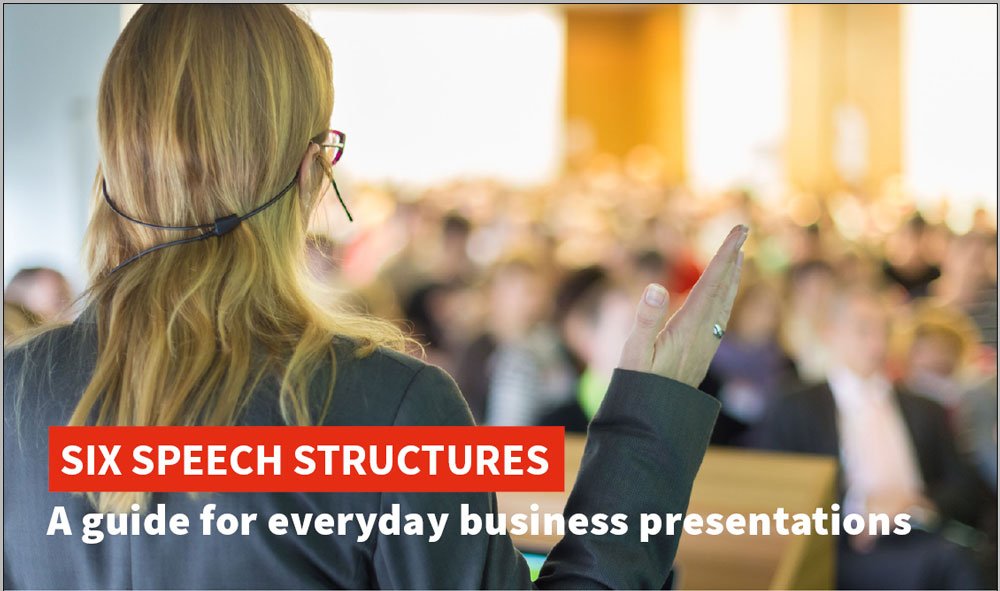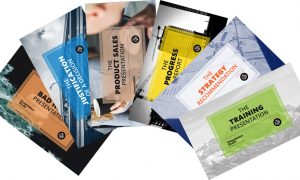The 10 Things Steve Jobs can Teach Every Public Speaker


Steve Jobs was one of the greatest and most influential businessmen of his generation. He took an idea from a humble garage and turned it into Apple, one of the most recognizable and iconic brands in the world. He was a pioneer in the modern corporate world.
Much has been written about Steve Jobs’ presentation style. He was famous for his rigorous attention to every detail whenever he presented, from the style of the fonts on his slides to the colour of the stage background. When launching a new product, he would rehearse over and over until his delivery was fluid. The benefits of this preparation were seen in the quality of his presentations, which are widely regarded as a standard to which many companies aspire.
In this post, I don’t want to focus on Jobs’ presentation skills per se; instead, I would like to draw on his wisdom and insights into business and life and see what lessons we can apply when it comes to speaking in public.
Steve Jobs’ memorable quotes
As part of his legacy, Jobs left a small trove of memorable quotes. Sometimes humorous, frequently trenchant, always thought provoking, they are worth reading and thinking about. Below are ten good ones for public speakers to ponder:
1
“Design is a funny word. Some people think design means how it looks. But of course, if you dig deeper, it’s really how it works. The design of the Mac wasn’t what it looked like, although that was part of it. Primarily, it was how it worked. To design something really well, you have to get it. You have to really grok [understand intuitively] what it’s all about. It takes a passionate commitment to really thoroughly understand something, chew it up, not just quickly swallow it. Most people don’t take the time to do that.”
Lesson
Giving a good presentation – a truly good presentation – takes time and effort. You must understand the material thoroughly; you must understand how it relates to your audience; you must understand what is most important and why. And then you have to design the presentation – with or without slides – so that it hangs together and conveys the message with impact.
2
“This is what customers pay us for – to sweat all these details so it’s easy and pleasant for them to use our computers. We’re supposed to be really good at this.”
Lesson
You have to sweat all of the details so that it is easy for your audience to follow your presentation (and enjoy it). Don’t make your audience work to understand your points. You should do that work before you present so that the audience doesn’t have to.
3
“People think focus means saying yes to the thing you’ve got to focus on. But that’s not what it means at all. It means saying no to the hundred other good ideas that there are. You have to pick carefully. I’m actually as proud of the things we haven’t done as the things we have done. Innovation is saying no to 1,000 things.”
Lesson
Too many presentations become bogged down when speakers try to do too much. You have a limited amount of time and your audience has a limited amount of attention. Choose your key points carefully and ruthlessly cut out everything else. If the subject matter is vast and there is more for your audience to know, prepare a detailed handout or direct people to where they can go for more information. War and Peace makes for a good novel but a lousy presentation.
4
“That’s been one of my mantras: Focus and simplicity. Simple can be harder than complex. You have to work hard to get your thinking clean to make it simple. But it’s worth it in the end because once you get there, you can move mountains.”
Lesson
As a presenter you must cut through the details and complexity and distill your message to its essence. Taking the time to think carefully about your subject and your audience beforehand will help you design a simple, effective presentation. When you prepare a presentation, you have to think like a sculptor; the beauty of the statue is revealed by what is taken away.
5
“I would trade all of my technology for an afternoon with Socrates.”
Lesson
Technology is great but it is not the most important thing. Far more important is being able to think clearly, strategically, creatively. Whatever your field, expand your horizons. Read widely and extensively. Read the classics, read modern fiction, read non-fiction, read industry periodicals that are not related to your industry. You will become a better thinker and more creative. Those qualities can only help when it comes to communicating ideas to others.
6
“Good artists copy; great artists steal.”
Lesson
Jobs was very fond of this quote which, in fact, he got from Pablo Picasso. Good speakers never try to copy other speakers. Good speakers know that they can only be themselves. However, good speakers are willing to “steal” from others in the sense of trying out something that they have learned from another speaker or read in a book or learned in a course. Nobody knows everything and we should be open to learning from others. But we should never try to be like others.
7
“I think if you do something and it turns out pretty good, then you should go do something else wonderful, not dwell on it for too long. Just figure out what’s next.”
Lesson
When a presentation goes well, don’t waste the opportunity to deconstruct it soon afterwards. Make notes. What worked well? Why? What could be improved? How? Take what you have learned and build on it for your next presentation. Don’t rest on your laurels, especially if you have to give the same presentation over and over. There is always room for improvement: better images; a better story; an exercise for the audience; cutting material; adding material. Figure out what’s next.
8
“I’m the only person I know who’s lost a quarter of a billion dollars in one year. It’s very character building.”
Lesson
Things don’t always go well. Mistakes happen and if you give enough presentations or speeches, the odds are that you will stumble at some point. Don’t let the stumbles get you down. They are part of the process of all public speakers and very few of them are fatal. Learn from them and move on.
9
“We’re here to put a dent in the universe. Otherwise why else even be here?”
Lesson
When you finish a speech or presentation, your audience should be changed in some way, even if that change is simply learning something new. If you do not change your audience, why bother speaking at all?
10
“Be a yardstick of quality. Some people aren’t used to an environment where excellence is expected.”
Lesson
Many presentations are still, unfortunately, mediocre or worse. You might even be able to get away with a mediocre presentation yourself. Don’t. Hold yourself to a higher standard; your audience deserves it and the benefits that will come your way—personal and professional—will be well worth the effort.













